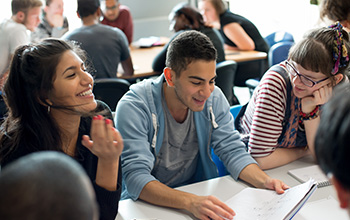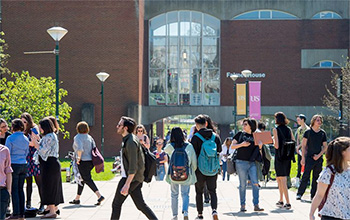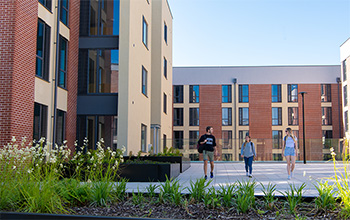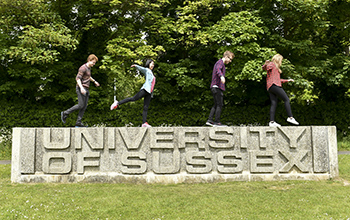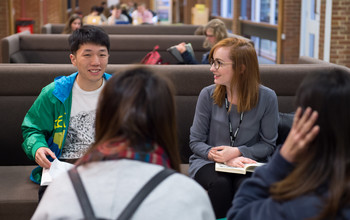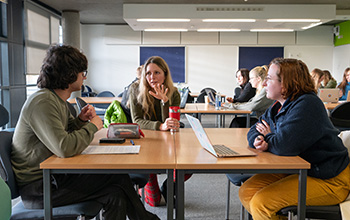Undergraduate Visit Days
Learn more about your chosen course, explore our distinctive campus, and meet our staff and students.
Book a Visit Day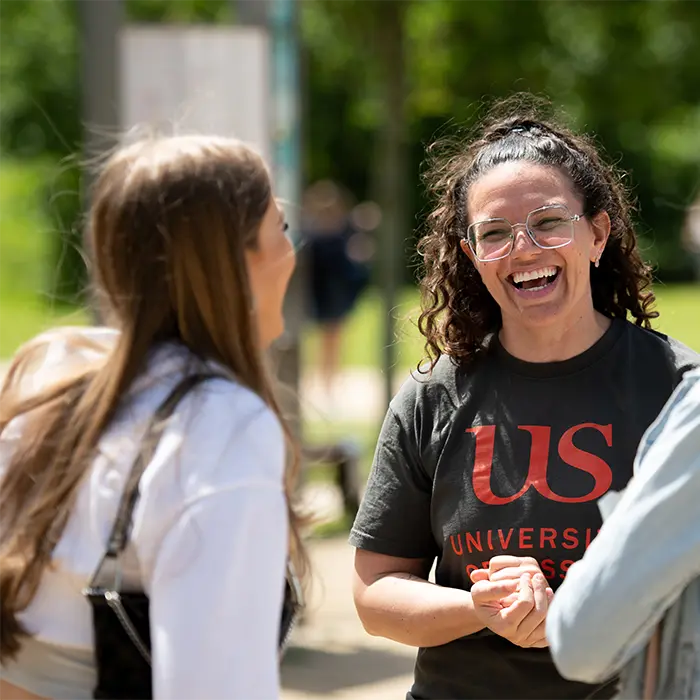
On campus - in person
You’ll study for this degree on our campus, joining our academics and fellow students. Combined with in-person contact time, digitally supported educational resources, library collections and independent study, this course is designed to give you an inclusive education. Your learning experience may also include work placements, field trips, studying abroad and internationalisation experiences.
Find out about our beautiful campus
Take our virtual tour
Be inspired by our beautiful campus and buzzing Brighton in this immersive 360° experience.
Begin your tour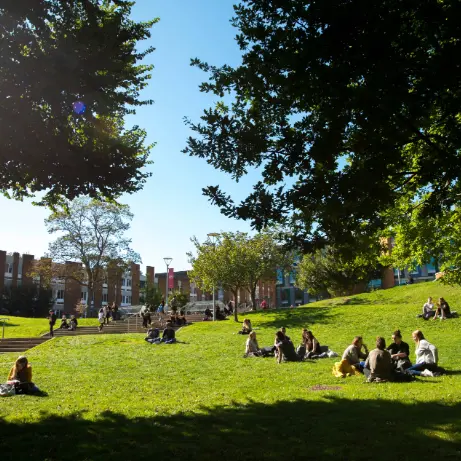
As a founding partner of ResearchPlus, a collaboration of research-focused universities, we engage with government, industry and civil society to support economic growth, prosperity and wellbeing across the whole of the UK.
Find out more
Our experts
International Relations
Prof Lara Montesinos Coleman
Professor of International Law, Ethics and Political Economy
Sociology
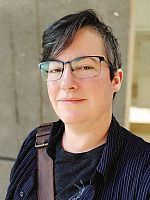
Contact us
Ask a student
Chat to Sussex students online via the UniBuddy chat platform.
Enquiries
Contact us with any questions about your course:
+44 (0)1273 876787
Ask us a question
Find out more about the Department of International Relations
Prospectus
What do you want to do next?
Legal information
We understand that deciding where and what to study is a very important decision. We’ll make all reasonable efforts to provide you with the courses, services and facilities described in this prospectus. However, if we need to make material changes, for example due to government or regulatory requirements, or unanticipated staff changes, we’ll let you know as soon as possible.
A-level - contextual offer
BBC-BCC
Pearson BTEC Level 3 National Diploma and one A-level - contextual offer
Grade C in A-level and Distinction, Merit in Pearson BTEC Level 3 National Diploma.
Pearson BTEC Level 3 National Extended Certificate and two A-levels - contextual offer
Grades BC in A-levels and Merit in BTEC Level 3 National Extended Certificate.
Pearson BTEC Level 3 National Extended Diploma (formerly BTEC Level 3 Extended Diploma) - contextual offer
DMM
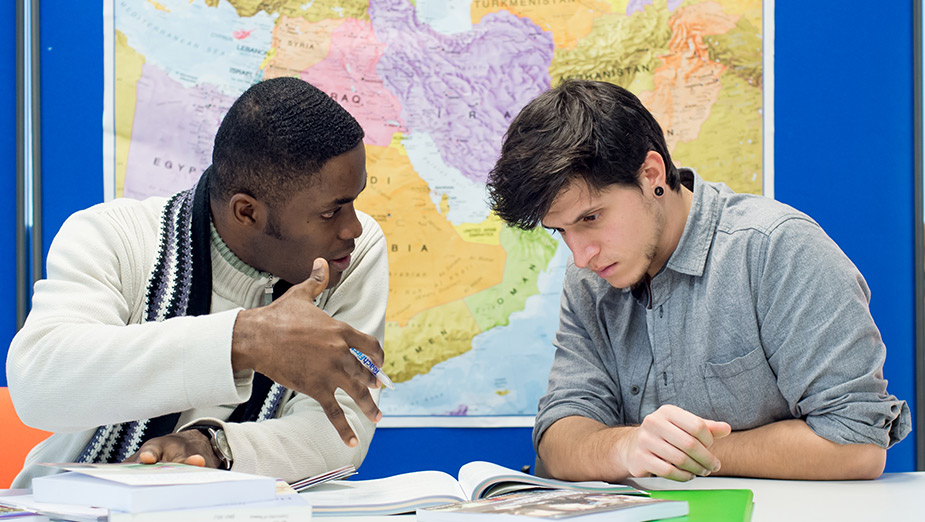

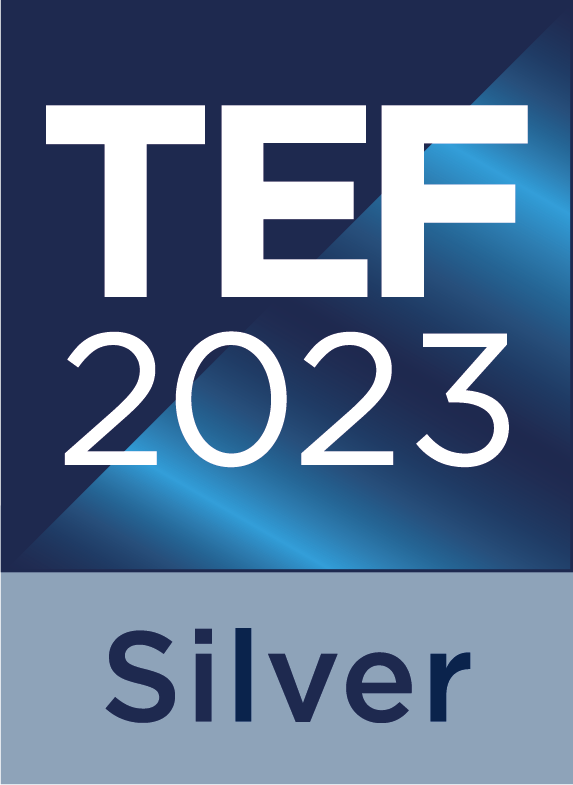 Silver
The student experience and student outcomes are typically very high quality.
Silver
The student experience and student outcomes are typically very high quality.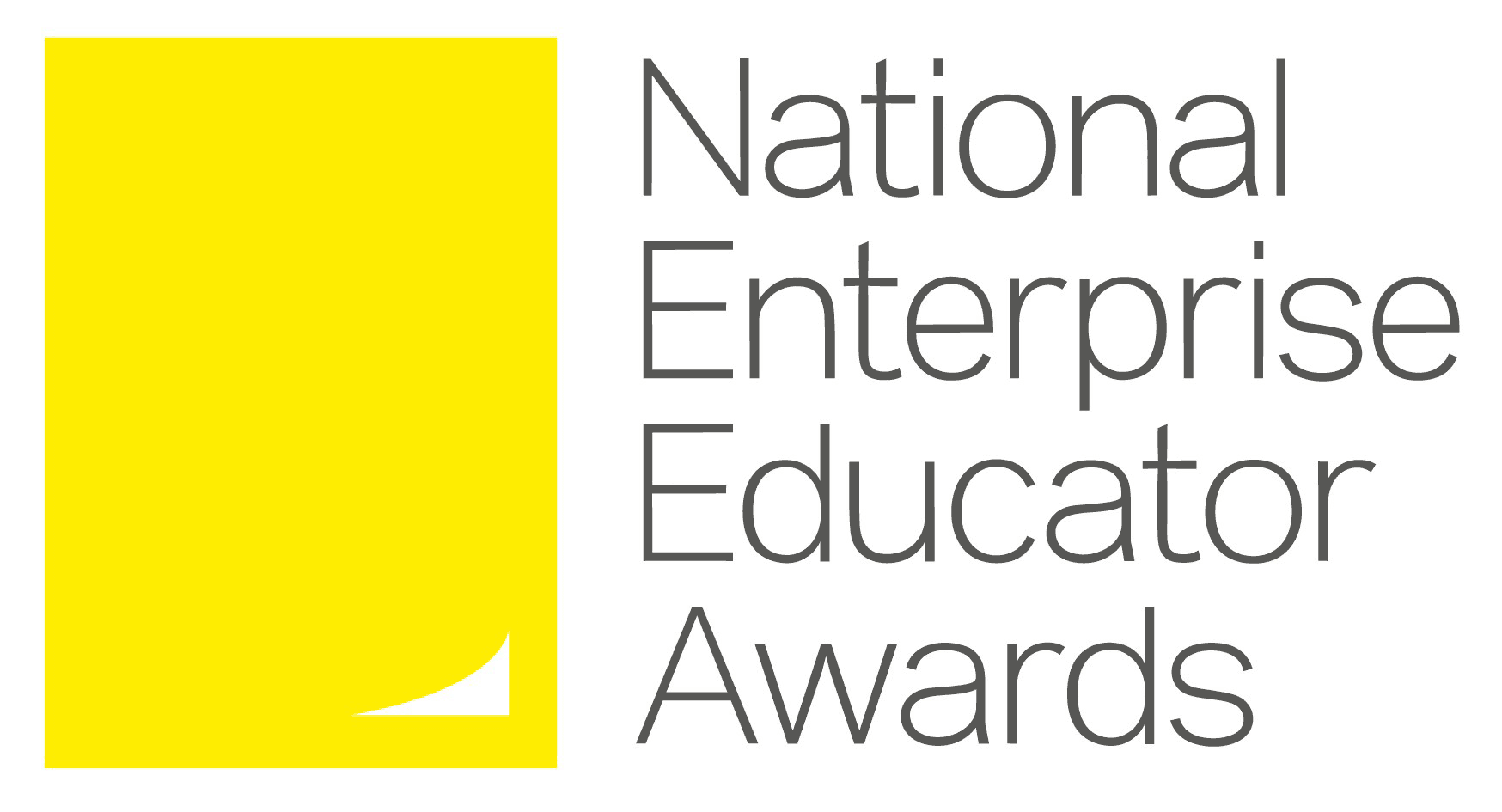 Winner
Entrepreneurship Catalyst Award
Winner
Entrepreneurship Catalyst Award
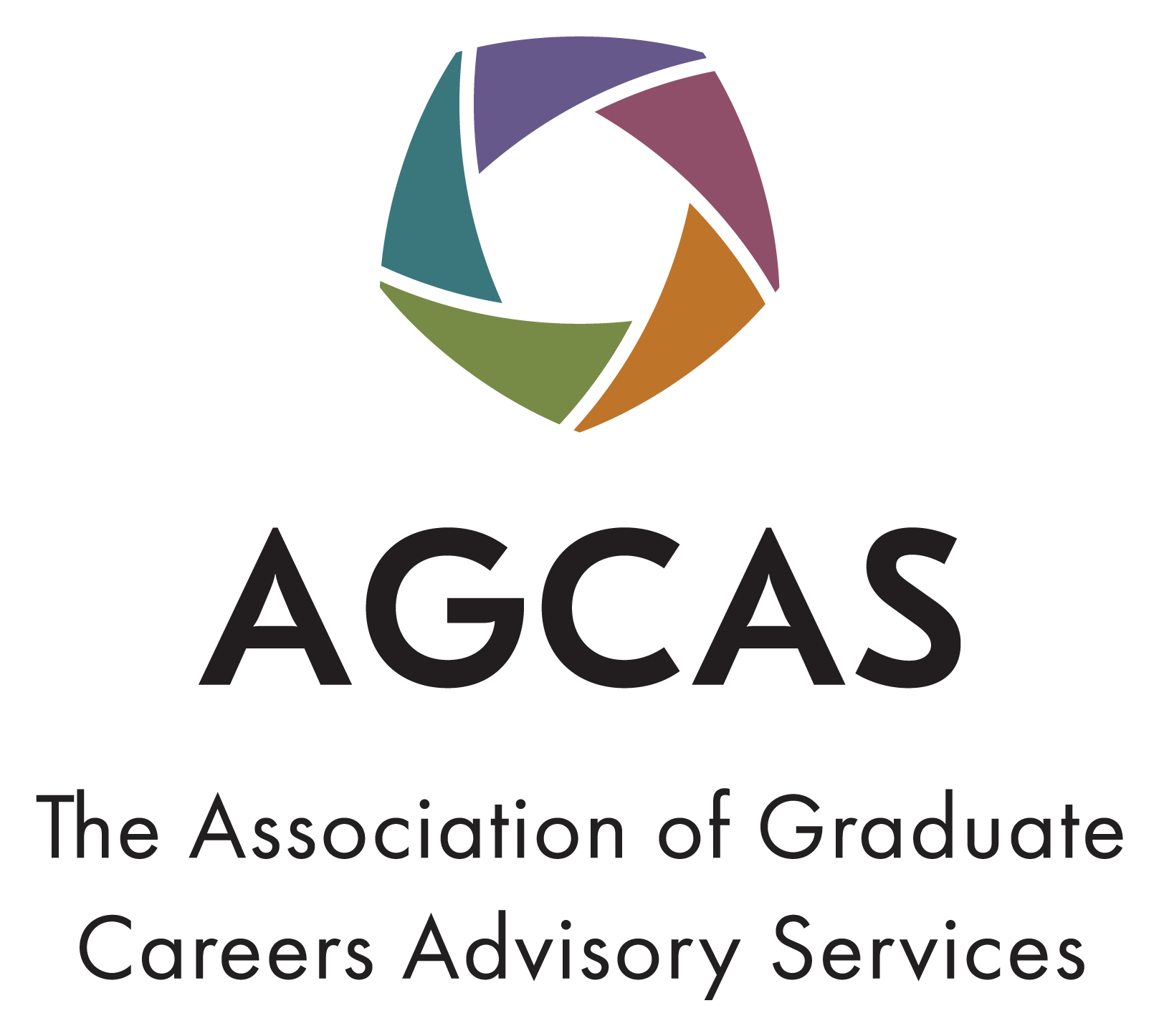 Winner
Supporting Student and Graduate Employability Award
Winner
Supporting Student and Graduate Employability Award
 Top 50
Best Universities for Work Experience in the UK
Top 50
Best Universities for Work Experience in the UK

